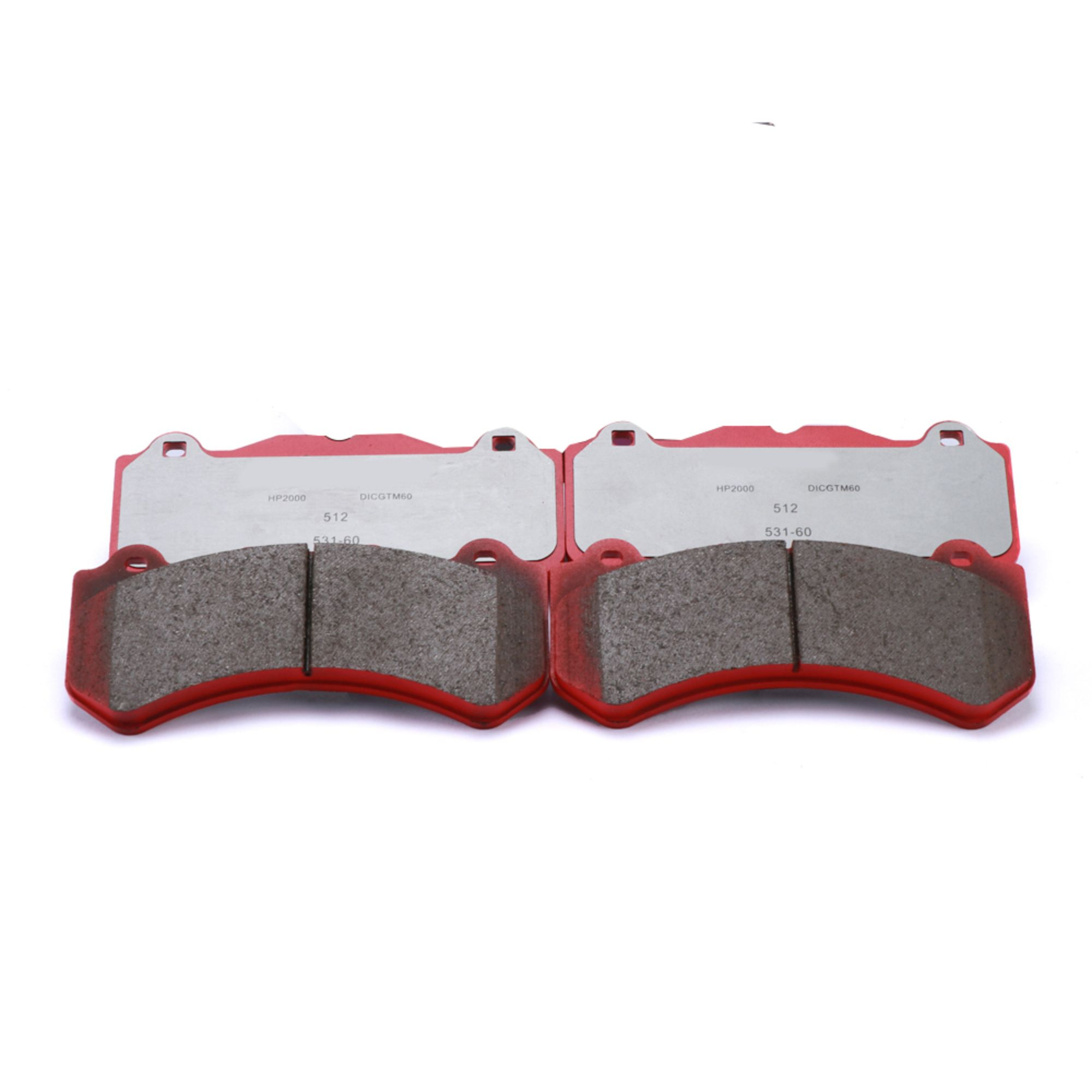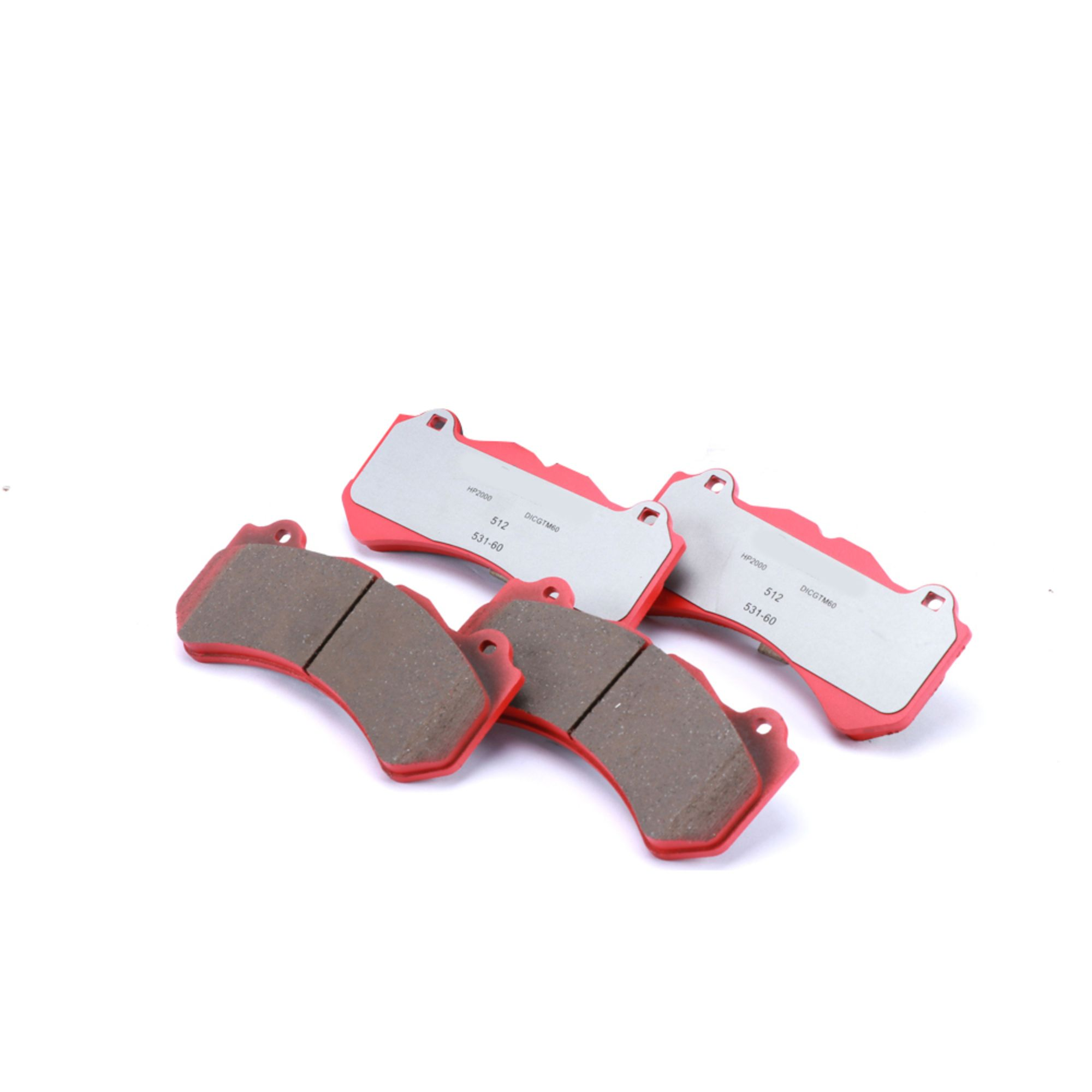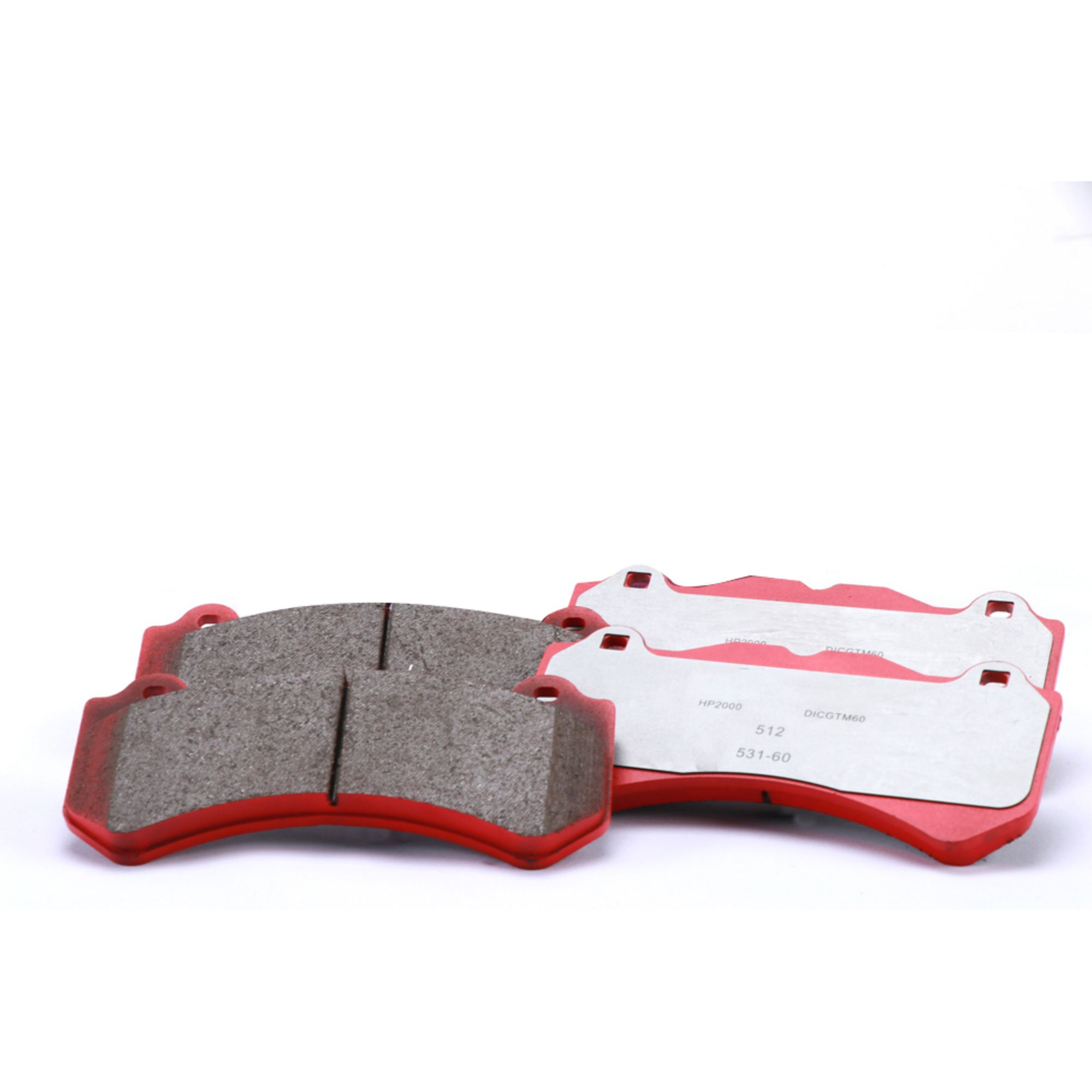Performance Analysis of Carbon Fiber Brake Pads
2024
Introduction:
In the realm of automotive safety, the performance of brake pads plays a critical role. With advancements in materials science, carbon fiber brake pads have emerged as a top choice for many drivers seeking enhanced braking performance and safety. This article delves into the performance attributes of carbon fiber brake pads and explores how they contribute to improved braking efficiency and safety on the road.
One of the key advantages of carbon fiber brake pads is their superior heat dissipation properties compared to traditional brake pad materials. During braking, friction between the brake pads and rotors generates heat, which can lead to brake fade and diminished performance. Carbon fiber brake pads excel in dissipating heat, allowing for consistent braking performance even under high-stress conditions such as aggressive driving or heavy braking.

2. Reduced Brake Fade:
Brake fade occurs when prolonged or intense braking causes a decrease in braking effectiveness due to overheating of the brake pads and rotors. Carbon fiber brake pads are known for their ability to resist brake fade, ensuring consistent and reliable braking performance over extended periods. This characteristic is particularly advantageous for performance vehicles and those subjected to demanding driving conditions.
3. Enhanced Stopping Power:
Carbon fiber brake pads offer enhanced stopping power compared to conventional brake pads. The unique composition of carbon fiber allows for improved frictional properties, resulting in shorter stopping distances and quicker response times when applying the brakes. This increased stopping power provides drivers with greater confidence and control, especially in emergency braking situations.
4. Durability and Longevity:
Another notable feature of carbon fiber brake pads is their durability and longevity. The robust nature of carbon fiber allows brake pads to withstand the rigors of daily driving and maintain optimal performance over an extended lifespan. This translates to fewer replacements and reduced maintenance costs for vehicle owners, making carbon fiber brake pads a cost-effective investment in the long run.
5. Noise Reduction:
Carbon fiber brake pads are often praised for their ability to minimize brake noise, squealing, and vibrations during braking. The inherent damping properties of carbon fiber help dampen vibrations and reduce the likelihood of brake noise, providing a quieter and more comfortable driving experience. This is especially beneficial for luxury vehicles and those seeking a smoother ride quality.

6. Environmental Benefits:
In addition to their performance advantages, carbon fiber brake pads offer environmental benefits compared to traditional brake pad materials. Carbon fiber is a lightweight and eco-friendly material that contributes to fuel efficiency by reducing the overall weight of the vehicle. Furthermore, carbon fiber brake pads produce less brake dust compared to conventional brake pads, resulting in cleaner wheels and reduced environmental impact.
7. Conclusion:
In conclusion, carbon fiber brake pads represent a significant advancement in automotive braking technology, offering superior performance, safety, and longevity compared to traditional brake pad materials. With their exceptional heat dissipation, resistance to brake fade, enhanced stopping power, durability, noise reduction, and environmental benefits, carbon fiber brake pads are an ideal choice for drivers seeking optimal braking performance and safety on the road. Whether you're a performance enthusiast, everyday commuter, or safety-conscious driver, upgrading to carbon fiber brake pads can elevate your driving experience and provide peace of mind knowing that your vehicle's braking system is equipped with the latest in braking technology.
With these insights, drivers can make informed decisions about incorporating carbon fiber brake pads into their vehicles, thereby enhancing both safety and performance on the road.


 EN
EN
 AR
AR
 BG
BG
 HR
HR
 CS
CS
 DA
DA
 NL
NL
 FI
FI
 FR
FR
 DE
DE
 EL
EL
 HI
HI
 IT
IT
 JA
JA
 KO
KO
 NO
NO
 PL
PL
 PT
PT
 RO
RO
 RU
RU
 ES
ES
 SV
SV
 TL
TL
 ID
ID
 SR
SR
 SK
SK
 UK
UK
 VI
VI
 TH
TH
 TR
TR
 FA
FA
 AF
AF
 MS
MS
 GA
GA
 CY
CY
 IS
IS
 HY
HY
 AZ
AZ
 KA
KA
 MY
MY
 ONLINE
ONLINE